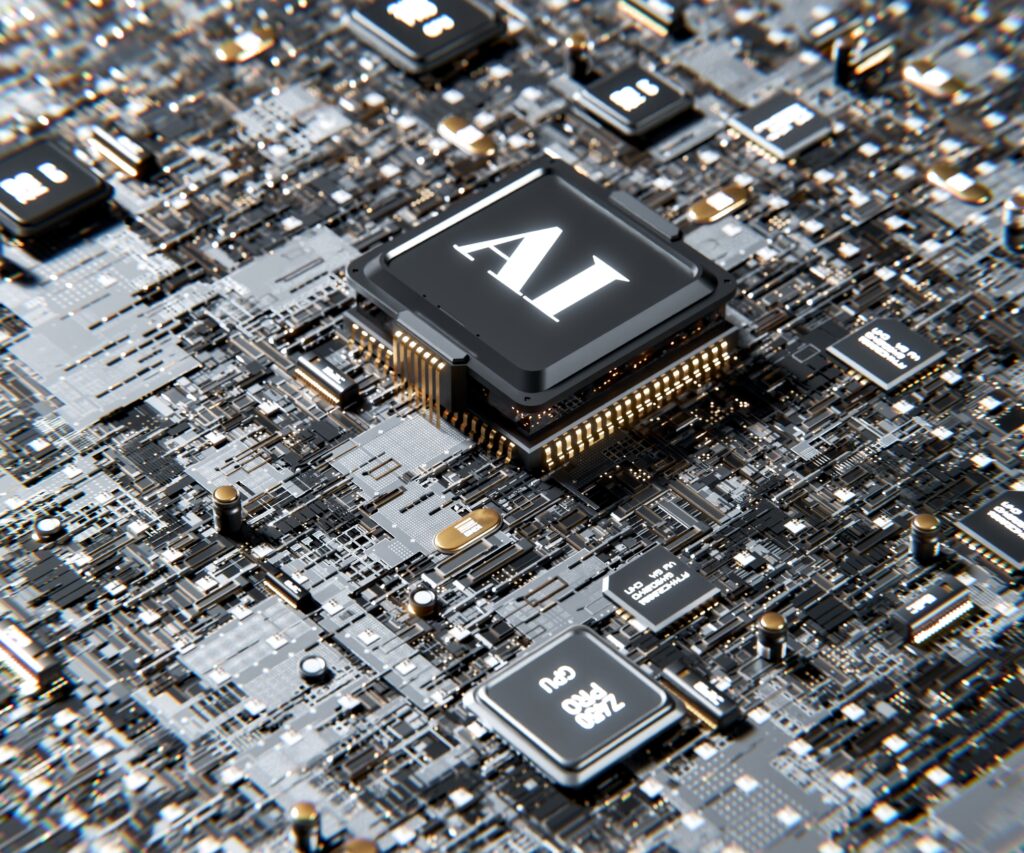Artificial intelligence refers to the simulation of human intelligence in machines that are programmed to think and learn like humans. It involves the development of computer systems that can perform tasks that would typically require human intelligence, such as speech recognition, problem-solving, decision-making, and even visual perception. AI has become increasingly prevalent in various industries and has the potential to revolutionize the way we live and work. AI in healthcare is one area where its potential is being extensively explored. With AI, healthcare professionals can analyze vast amounts of patient data to identify patterns and make accurate diagnoses. Additionally, AI-powered robots can assist in surgeries and provide personalized care to patients, enhancing the overall efficiency and effectiveness of healthcare systems. In fact, AI is already being used in healthcare to develop new drugs and treatments, as well as to improve the accuracy of medical imaging and diagnostics. Furthermore, AI algorithms can continuously monitor patients’ vital signs and detect any abnormalities, allowing for early intervention and potentially saving lives. The integration of AI in healthcare not only improves patient outcomes but also reduces costs by streamlining processes and minimizing errors. As technology continues to advance, the potential for AI in healthcare is limitless, with the possibility of predicting disease outbreaks and developing personalized treatment plans based on an individual’s genetic makeup. The use of AI has advanced patient safety by evaluating data to produce insights, improve decision-making, and optimize health outcomes. AI has also shown promise in assisting healthcare professionals with diagnosing complex medical conditions by analyzing large amounts of data and identifying patterns that may not be immediately apparent to human observers. Additionally, AI can help improve patient care by providing real-time monitoring and personalized recommendations for treatment plans, ensuring that individuals receive the most effective and tailored care possible. The use of AI has advanced patient safety by evaluating data to produce insights, improve decision-making, and optimize health outcomes. For example, AI algorithms can analyze electronic health records and detect potential medication errors or adverse drug reactions, alerting healthcare providers to take necessary actions to prevent harm to patients. Furthermore, AI can also contribute to the early detection of diseases by analyzing various biomarkers and medical imaging data, enabling timely interventions and potentially saving lives. By harnessing the power of AI, healthcare systems have the potential to become more efficient, accurate, and patient-centered, ultimately leading to improved overall health outcomes for individuals. AI would improve the success rate and effectiveness of respective drug evolutions and quicken the process of introducing new drugs into the market to counter these deadly diseases. Additionally, AI can assist in identifying potential drug targets and predicting their efficacy, reducing the time and cost involved in traditional drug discovery methods. This accelerated drug development process could help address the urgent need for effective treatments for emerging diseases and improve patient outcomes worldwide. AI programs are applied to practices such as diagnostics, treatment protocol development, drug development, personalized medicine, and patient monitoring and care.
By analyzing large amounts of patient data, AI can help identify patterns and make more accurate diagnoses, leading to earlier interventions and improved patient outcomes. Furthermore, AI can also aid in the development of personalized medicine by considering an individual’s unique genetic makeup and medical history, allowing for tailored treatment plans that are more effective and have fewer side effects. Both robotics and artificial intelligence are widely used in the medical field today. Robotics are used in surgery to assist surgeons with precision and control, resulting in less invasive procedures and faster recovery times for patients. AI, on the other hand, is used in patient monitoring and care, where it can analyze real-time data to detect abnormalities or changes in a patient’s condition, alerting healthcare providers for timely intervention. These advancements in robotics and AI have revolutionized the medical field, improving patient outcomes and transforming the way healthcare is delivered.

